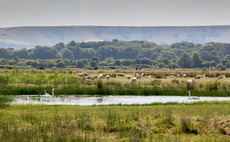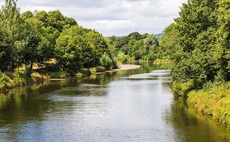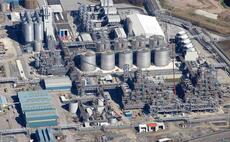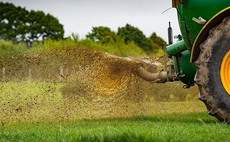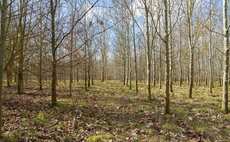Environment
Livestock
The Countryside Alliance has hit out at a Tesco plan to boost fake meat sales by 300 per cent over the next four years.
Livestock
Farm groups have expressed their bitter disappointment after Senedd members voted not to annul Welsh Government’s controversial new water regulations yesterday.
Livestock
Farm groups have expressed their bitter disappointment after Senedd members voted not to annul Welsh Governments controversial new water regulations yesterday.
Livestock
NFU Cymru has instructed its lawyers to challenge the lawfulness of the Welsh Government’s new water regulations.
Arable
The site will reopen after the Department for Transport announced E10 petrol will be introduced at petrol pumps from September
Livestock
The First Minister of Wales, Mark Drakeford, has been accused of misleading the Senedd over agricultural pollution.
Livestock
The First Minister of Wales, Mark Drakeford, has been accused of ‘misleading’ the Senedd over agricultural pollution.
Farm Life
Tree planting initiatives must not be exploited by super rich landowners to the detriment of food production, a Worshipful Company of Farmers virtual question time was told.
Farm Business
Environment Agency (EA) bosses have told Ministers they need a greater budget if they are to ‘reverse the decline in nature’.
Livestock
Another application to release lynx in Kielder Forest in the Scottish Borders looks doubtful, the National Sheep Association (NSA) has said.


 08 March 2021
•
2 min read
08 March 2021
•
2 min read
